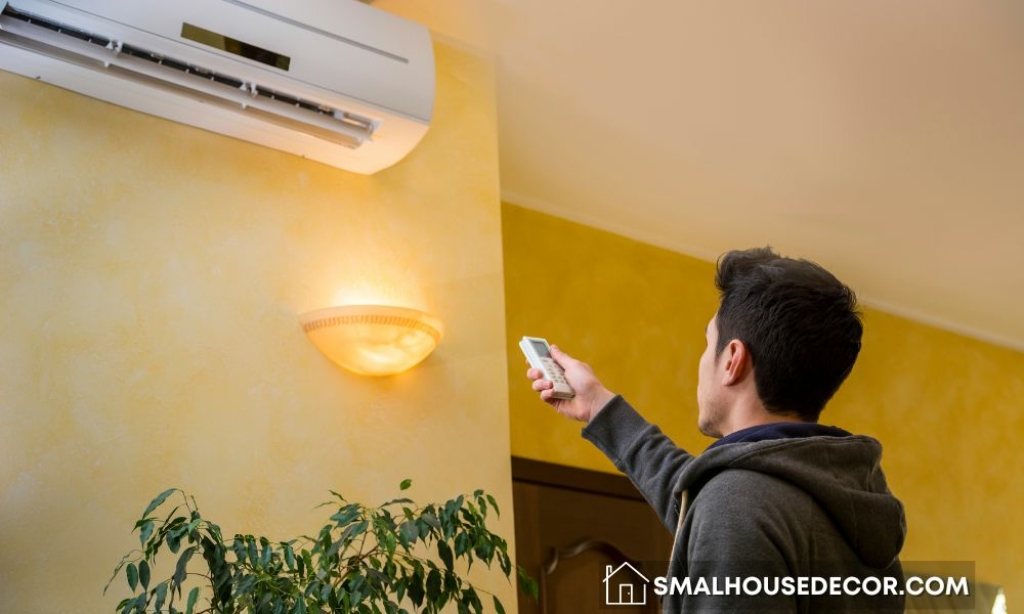Air quality has become a concern for many in recent years, with increasing pollution levels and allergens pervading our atmosphere. When it comes to maintaining a healthy environment indoors, your air conditioning unit plays a critical role. But did you know that, besides cooling your home, your AC unit can actually improve the air quality as well?
Let’s delve into how you can enhance the air quality within your home using your air conditioning unit.

Regular Maintenance
To kick things off, regular maintenance is paramount in maintaining the efficiency and cleanliness of your air conditioning unit. A properly maintained unit not only operates efficiently but also helps in filtering the air circulating in your home. When performing AC installation in Colorado Springs, CO, professionals always stress the importance of scheduled maintenance.
This includes cleaning or replacing air filters, checking for mold and bacteria growth, and ensuring the unit is free from leaks. Ignoring these essential maintenance tasks may result in your AC unit circulating pollutants and allergens within your home instead of filtering them out.
Opt For Units With Air Purifying Features
While shopping for a new AC unit, consider models that come with integrated air purifying features. These units come equipped with advanced filters that can capture tiny pollutants, bacteria, and allergens, thus purifying the air before it circulates in your living space.
Look for features such as High-Efficiency Particulate Air (HEPA) filters, UV light disinfection, and activated carbon filters. These will not only cool your home but also significantly improve the indoor air quality.
Ensure Proper Ventilation
An effective way to enhance air quality is by ensuring your air conditioning unit is properly ventilated. Ventilation allows fresh air to circulate, displacing stagnant air that could harbor pollutants.
During installation, make sure your unit is situated where it can draw in sufficient fresh air. If you’re using window air conditioners, crack open windows in other parts of the house to allow cross-ventilation. This strategy helps to cycle out the indoor air, replacing it with cleaner, fresh air from outside.
Use Dehumidifiers
High humidity levels can create a breeding ground for mold, mildew, and other airborne allergens. This is where a dehumidifier can come in handy. Some air conditioning units have built-in dehumidifiers that help reduce the moisture content in the air.
If your AC unit doesn’t have this feature, consider investing in a standalone dehumidifier. By maintaining optimum humidity levels, you can prevent the growth of harmful organisms that can degrade air quality.
Also Read: Whole House Humidifier Installation in Lodi: What You Need to Know
Regular Duct Cleaning
The ductwork in your home can collect dust, pet dander, and other airborne pollutants over time. When the air conditioner runs, it can push these particles into your living space. Hence, it’s vital to clean your air ducts regularly.
Consider hiring a professional to perform thorough duct cleaning at least once a year to ensure clean, allergen-free air circulates in your home.
In Conclusion
Improving the air quality in your home is not just about investing in the latest air conditioning unit but also about how you maintain and operate it. By following the strategies listed above—from routine maintenance to ensuring proper ventilation—you can make your AC unit an effective tool in creating a cleaner, healthier living environment. And remember, having an efficiently running air conditioner with air purifying capabilities is not a luxury but a necessity.